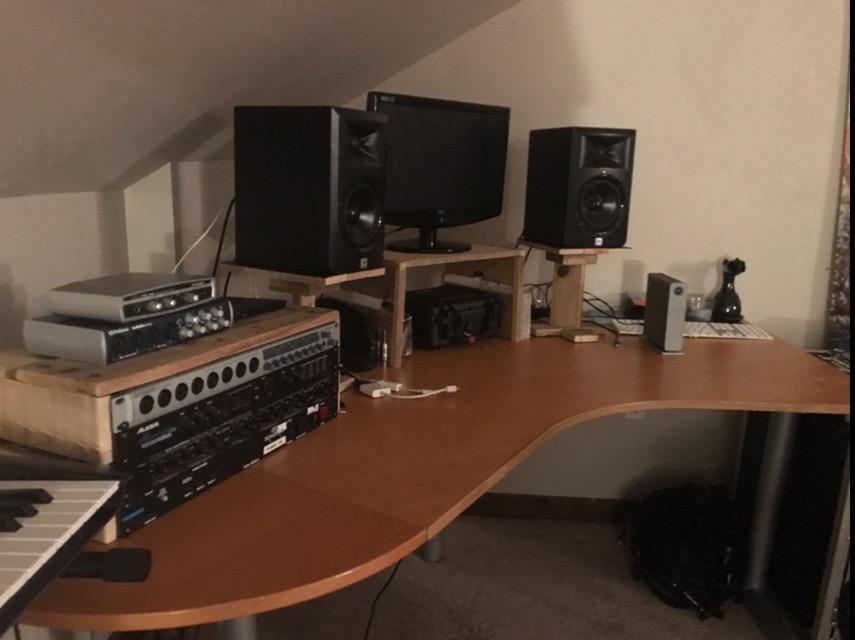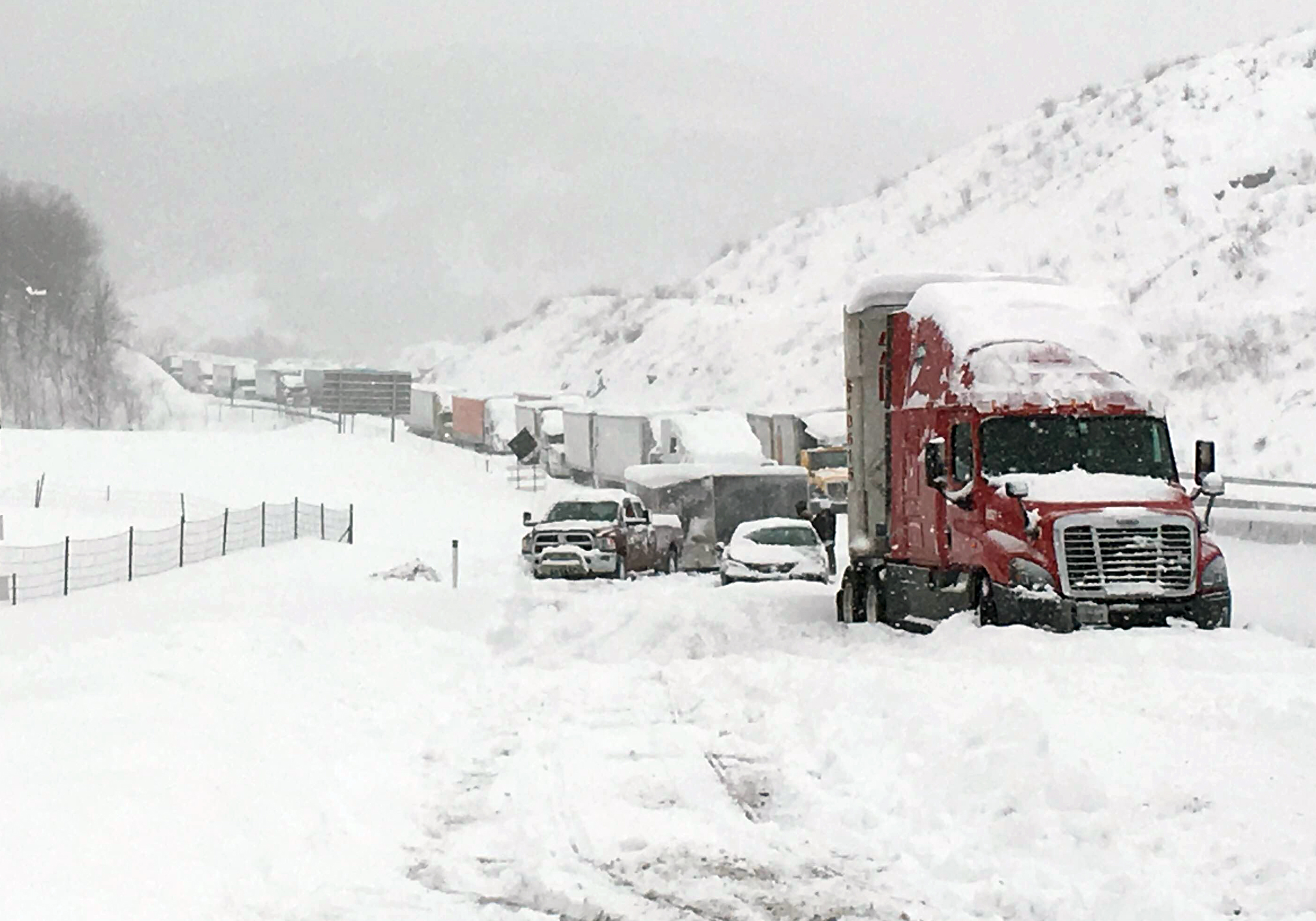

Millennials are often placed under scrutiny for everything, from taking selfies to enjoying avocados on toast.
03/22/2018
By Ollie Gratzinger | Opinions Editor
We’ve all heard it: the vague, huffy and ample complaints of older generations, directed toward their young, Starbucks-sipping, college debt-paying counterparts.
For as long as any generational gap has existed, those to come before have always had a few (often unkind) words to say about the youths inheriting their broad world, but the level of venom being spat at millennials is frankly unprecedented.
It also feels mostly misdirected. Most of the folks complaining about millennials probably don’t know who exactly they’re complaining about. The generation encompasses anyone born after 1980, according to the Pew Research Center, up until 1996. Millennials, then, fall between the ages of 22 and 37. Not 14-year-olds on the internet, or even 19-year-olds writing angry columns in their student publications, but rather full-blown adults, grown-up and graduated.
Nevertheless, there still exists a common complaint: Millennials are snowflakes that don’t know how to deal because they were pampered growing up. But to those griping about participation trophies and other nonsensical woes: Who did the pampering? Who gave kids the dumb awards in the first place? It wasn’t other children. It wasn’t other millenials. It was their baby boomer parents, coaches and teachers who couldn’t bear the thought of their perfect baby, their gifted thinker or their future Olympian, losing.
This represents one of many tired, lazy arguments against millennials that’s really little more than a thinly-veiled shift of blame. Boomers love to complain that millennials are killing industry x or corporation y, all while whining that nobody buys houses or gets married anymore. Yet, those same individuals never stop to really think. Sure, maybe millennials killed Sears with the rising popularity of online shopping, but boomers killed the whole economy.
According to the Washington Post, boomers burnt up fossil fuels, coated the atmosphere in the greenhouse gases that contribute to climate change and racked up a lot of the federal debt that America’s youth will be forced to somehow repay. Born in the afterglow of World War II’s victory, boomers inherited a thriving economy where jobs were ample, houses were affordable and education cost a fraction of what it does today, even taking into account the overall inflation of the U.S. dollar.
Millennials might eat up a lot of avocado toast and down Starbucks lattes at an alarming rate, but when you think about it, shelling out $2.00 for lunch and $4.00 for a cup of joe to keep you kicking doesn’t quite compare to the cost of unaffordable living in a country with a national debt upward of $21 trillion. The average cost of rent in America now is $1,200 per month, compared to $415 in 1970, or $481 in 1980, according to census.gov.
I’d wager that if you pulled aside a 20-something-year-old student in 1980 and asked them to describe their ideal living arrangement, within reason, they’d say a house, with a driveway to park their shiny new Ford and a lawn out front and out back. But now, I’ve overheard so many students talk about just wanting a small apartment with a window and an oven and a furnace that works in the winter. Forget about lawns and driveways and new cars all together.
The bar is so, so low for many young people today. We’re crushed under the weight of not only our own inescapable debt —with college costs often exceeding a family’s annual income —but the debt handcrafted by the same older folks who look down on us for taking joy in simple, inexpensive pleasures like coffee and pseudo-fancy snacks.
Before you complain about how Millennials killed Toys “R” Us, take a good, hard look at the argument you’re making, and why you’re making it at all.




